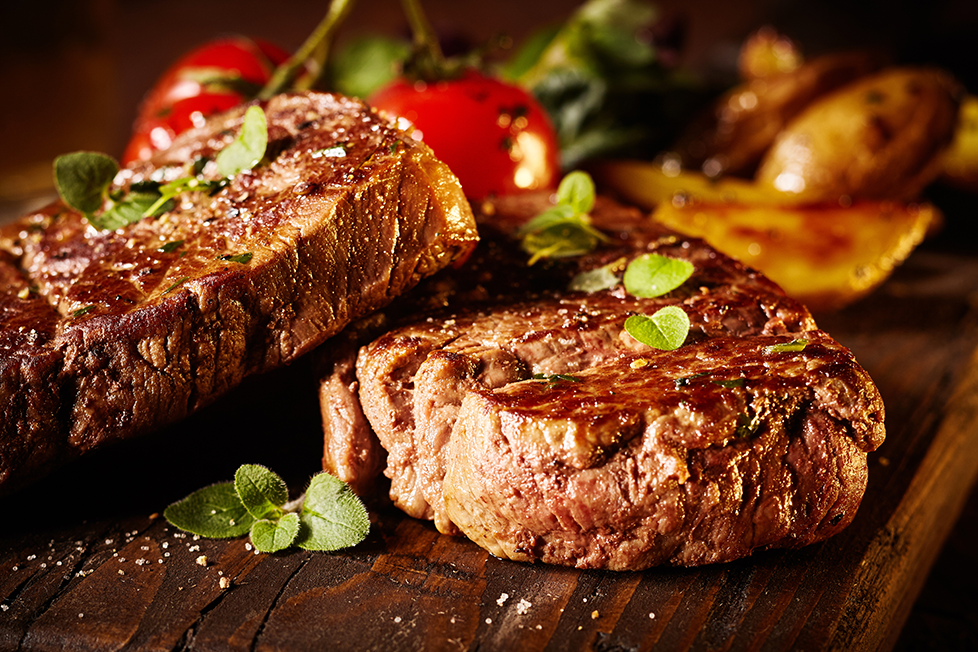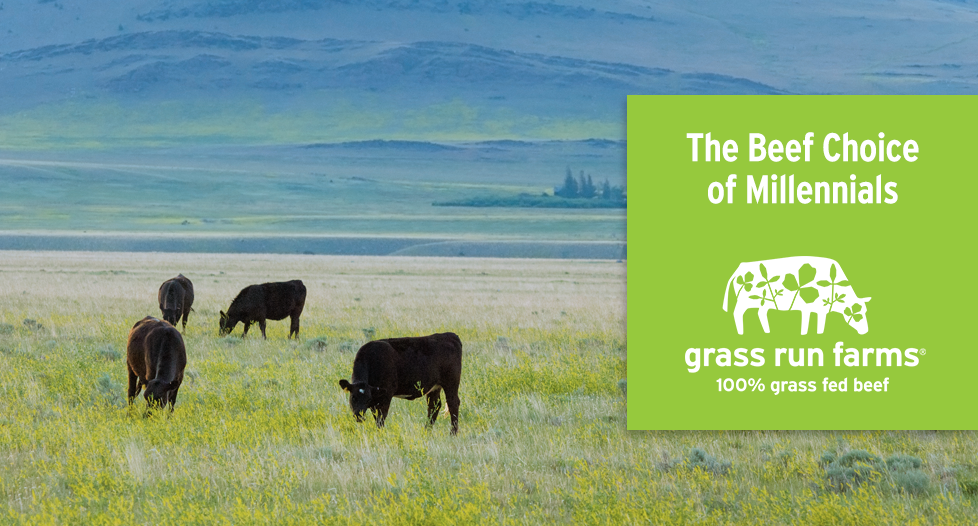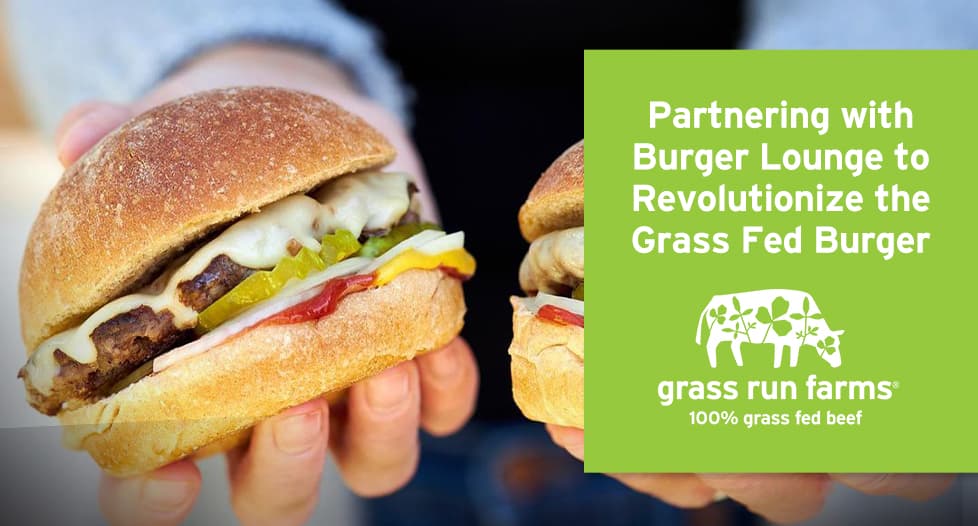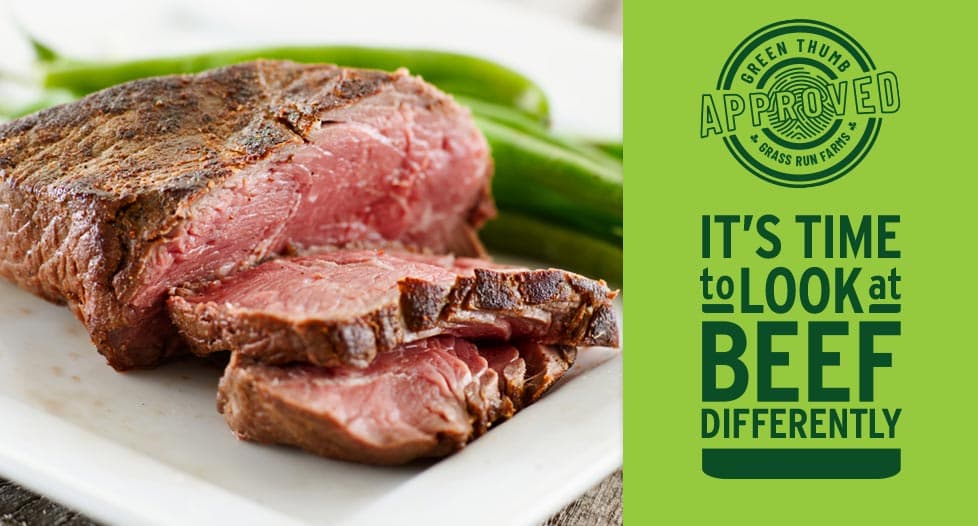December 6, 2019
While grass fed beef has seen continued sales growth across the board since 2012, one generation fueling this growth is the millennial, with 56% being drawn to it as their beef choice, according to studies by the Food Marketing Institute (FMI). Meat packaging plays a major role in this, as labels stating “Grass Fed,” “Natural,” and “Free-from” are leveraging profit. For this generation, it seems that barbeques with cheap burgers and junk food are a thing of the past. Millennials, who value experiences, spend more money on these gatherings to create quality moments for themselves and their friends.
The FMI study identified three reasons that are helping drive sales of grass fed beef:

1. Health
Grass fed beef provides lean protein and rich taste and its path from farm to table includes no grain, animal by-products, antibiotics, or added hormones. Healthline also reports, “Grass fed beef usually contains less total fat than grain fed beef, which means that gram for gram, grass fed beef contains fewer calories.” Both the Keto and Paleo diets recommend grass fed beef because of its high quality and nutritional value. Ultimately, sources of good protein like grass fed beef make it easier to feel full and stay nourished.

2. Environmental impact
Grass fed meat producers make pasture management a priority. Part of that effort includes rotational grazing, allowing pastures to rest and regrow, and working with the land year-round to grow a variety of forages in the same pasture. In this process, cattle naturally till and fertilize the pasture, which improves the water cycle, increases organic matter in the soil, and prevents erosion.
And what about carbon emissions? A Michigan State University study found that a 3,200-acre farm stored enough carbon in its grasses to offset not only all of the methane emissions from its grass fed cattle, but also much of the farm’s total emissions.
The grass fed movement also supports small farmers and ranchers, as their size more easily allows room for cattle to roam. Supporting local farms helps sustain local economies.

3. Social responsibility
Forbes magazine reports that “Millennials prefer to do business with brands with pro-social messages, sustainable manufacturing methods and ethical business standards.” From a grass fed beef producer’s standpoint, their cattle are traceable back to the pastures and farms where they were raised, their animals eat a vegetarian diet from clean pastures, and they ensure sustainable forage sources. These are important points for producers to communicate.
Reports show that 70% of millennials base their buying decisions on how they interpret a company’s socially responsible messaging. In response, brands are becoming more transparent and consistent with their communication to build trust and offer clarity to today’s consumers.
As grass fed beef continues to see sales growth, retailers will want to meet that demand and carry brands that align with the three points above. They should also be aware that today’s millennial consumers are savvy enough to know the difference between truth and marketing hype and will make their buying decisions accordingly.
Grass Run Farms gives retailers and foodservice confidence in stocking our products. All of our beef producers are Beef Quality Assurance (BQA) Certified, which includes industry standard animal husbandry practices. Our products align with consumer interests and our messaging naturally builds trust with them, offering retailers a brand they can depend on.
Learn more about our products and contact us for information on bringing Grass Run Farms to your business.









